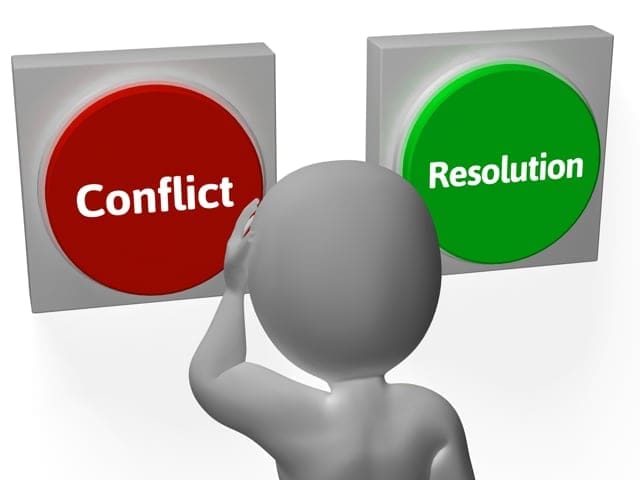Mediación
Mediation: The Path to Amicable Dispute Resolution
Mediation is an increasingly popular method of resolving disputes outside the courtroom. It involves a neutral third party – the mediator – who facilitates discussions between disputing parties to help them reach a mutually acceptable agreement. This 500-word article delves into the world of mediation, offering insights into its process and benefits.
Understanding Mediation Mediation is a voluntary process where parties in conflict come together to negotiate a resolution. The mediator, a trained professional, assists the parties in identifying issues, exploring potential solutions, and reaching a consensus. Unlike a judge or arbitrator, the mediator does not decide the case but helps guide the parties to an agreement.
Beneficios de la mediación
- Control and Flexibility: Parties have more control over the outcome compared to a court decision.
- Confidencialidad: Mediation is a private process, ensuring the confidentiality of discussions and agreements.
- Cost-Effective: It is generally less expensive than litigation, saving both time and money.
- Preserves Relationships: By promoting cooperation, mediation can preserve personal and business relationships.
The Mediation Process The process typically involves several stages:
- Introducción: The mediator explains the rules and goals of mediation.
- Statement of the Problem: Each party presents their viewpoint without interruption.
- Identification of Issues: The mediator helps identify the core issues needing resolution.
- Negociación: Parties discuss their interests and explore possible solutions.
- Closure: If an agreement is reached, the mediator will typically draft it for the parties to review and sign.
When is Mediation Appropriate? Mediation can be effective in various disputes, including family matters (like divorce and child custody), business conflicts, employment issues, and small claims. It is particularly useful when parties wish to maintain a relationship post-dispute.
El papel del mediador The mediator’s role is to facilitate communication, encourage understanding, and assist parties in finding their own resolution. They provide a structured environment where each party can be heard and understood.
Retos de la mediación While mediation can be highly effective, it’s not always the right solution. It requires willingness from all parties to participate and compromise. Additionally, power imbalances between parties can impact the process.
Preparación de la mediación Preparation is key to a successful mediation. This includes understanding your interests, considering the other party’s perspective, and being open to various solutions.
Conclusión Mediation offers a path to resolving disputes that is often more collaborative, less adversarial, and more satisfying than traditional litigation. By understanding the mediation process and its potential, parties can approach their conflicts with a mindset geared towards constructive resolution.




